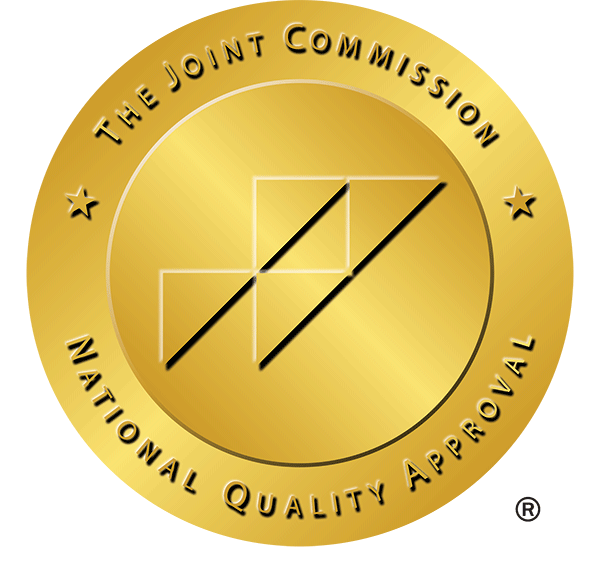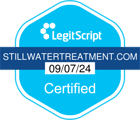Table of Contents
How Hallucinogens Work
Developing a substance use disorder with hallucinogens is quite common. After hallucinogen use stops, especially if someone took them for a long period of time, individuals will most likely experience withdrawal symptoms. Although several hallucinogens can cause these adverse effects, mild hallucinogen drugs and prescription drugs – which are not always indicated in substance use disorders – can also cause hallucinations. These include aspirin, Lexapro, and opioids.

Effects of Hallucinogens
- Visual and auditory hallucinations
- Increased heart rate
- Dilated pupils
- Loss of appetite
Types of Hallucinogens
LSD (Lysergic Acid Diethylamide)
LSD is a psychoactive substance that can distort and modify perceptions and sensations. It is the most extreme hallucinogenic drug and one of the most potent mood-altering substances available in uncontrolled conditions. It produces significant aberrations in a person’s experience of reality, and its effects can last up to twelve hours.
PCP (Phencyclidine)
Ketamine
Magic Mushrooms (Psilocybin)
Mescaline
Ayahuasca
How Do Hallucinogens Affect the Brain?
Mood
Sensory Perception and Environmental Responses
Sleep Disturbances
Body Temperature
Emotion
Learning and Memory
Short-Term Effects of Hallucinogenic Drugs
- Anxiety or panic: Hallucinogens addiction can cause anxiety and panic disorders. This can be due to a "bad trip" marked by intense feelings of anxiety and panic.
- Changes in appetite: This can range from an increase in appetite to a near-complete loss of appetite for prolonged periods.
- Changes in the perception of time: Hallucinogenic drugs can also cause changes in the perception of time, which can lead to confusion and disorientation.
- Feelings of euphoria or relaxation: Hallucinogenic drugs affect how the brain processes serotonin, a neurotransmitter that affects mood. When serotonin is released, it can cause feelings of happiness and well-being. This contributes to the feeling of euphoria and relaxation when the substance enters the body.
- Increased heart rate: This side effect can be dangerous, especially if the user has an underlying heart condition.
Long-Term Effects of Hallucinogenic Drugs
Hallucinogen Persisting Perception Disorder (HPPD)
This illness clears itself typically in a few weeks to a few months. However, more severe instances have reported life-long and severely debilitating conditions due to different hallucinogens’ effects. It’s best to be careful and ask a medical specialist if you or a loved one start experiencing symptoms.
Persistent Psychosis
Are Hallucinogens Addictive?
Can You Overdose on a Hallucinogen?
Treatment of Hallucinogen Addiction
There are no FDA-approved medications to treat hallucinogenic withdrawal symptoms following substance use cessation. Therefore, a person with substance abuse involving hallucinogenic substances should endeavor to seek residential care by joining a treatment facility with professionals experienced in safe detoxification steps from serious hallucinogens effects, including psychosis and perceptional distortions.
At Stillwater Behavioral Health, our treatment goal is to promote calmness and comfort alongside the use of expert behavioral therapy for long-term success. For example, a person with a substance use disorder involving hallucinogens addiction may also have a dual diagnosis with an accompanying mental health illness such as schizophrenia, anxiety, and even depression. In such cases, expert care is required.
With highly experienced medical professionals at Stillwater Behavioral Health, we are experienced in the management and treatment of all forms of substance abuse and the management of any accompanying symptoms. Please contact us if you or a loved one are experience symptoms and would like to get help.

Resources
- https://www.verywellmind.com/what-are-psychedelics-22075
- https://headsup.scholastic.com/students/drug-facts-hallucinogens
- https://www.verywellmind.com/basic-facts-about-pcp-67498#:~:text=PCP%20is%20known%20as%20a,well%20as%20changes%20in%20time
- https://nida.nih.gov/publications/drugfacts/hallucinogens




